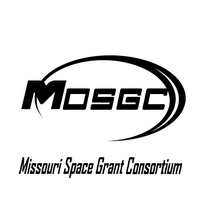Missouri Space Grant Consortium
Student Engineering Design Teams at SLU

There were three student-lead engineering design teams supported at Saint Louis University in 2017-2018:
1. Student CubeSat Missions
The purpose of this project is to train students in the design, analysis, testing and operation of real-world spacecraft, adhering to NASA standards for quality and mission assurance. This is accomplished by developing and fielding CubeSats that are competitively launched through the NASA Educational Launch of Nanosatellites (ELaNa) program. SLU has secured 4 NASA launch slots. These CubeSat programs fit our âstandard modelâ of recruiting students to a four-year integrated engineering project with significant external support, especially by the PI. As such, we believe it provides the best opportunity to improve our diversity metrics. Students are responsible for all aspects of the mission, including project management, recruiting and interaction with NASA engineers and managers.
2. Student Unmanned Aerial System Competition
The annual Student Unmanned Aerial System (SUAS) Competition is hosted by the Seafarer
Chapter of the Association for Unmanned Vehicle Systems International (AUVSI). This competition
serves to stimulate and foster student interest in UAS and is designed to provide an ideal opportunity for
students to gain valuable complementary, multi-disciplinary and systems engineering knowledge. The
focus of this competition is to engage students in systems engineering and creating a total solution to
complex, potentially real world problems. In order to address this, the student teams would have to design, develop, and fabricate an unmanned aerial system capable of completing specific autonomous operations, including takeoff, navigation, Sense, Detect and Avoid, among others, subject to several constraints on time and other mission parameters as well as analyze and validate its performance through flight test demonstration.
3. Student Rocket Competition
The rocket club was formed in 2015, and took 13th place (out of 70 teams) in its first Experimental Sounding Rocket
Competition; the club is flying in its second competition at the time of this proposal submission. Space Grant support enabled secondary payloads to be developed and flown, which improved the teamâs overall score and expanded the number of student participants. For 2017-18, we propose to continue that collaboration, and also use Space Grant support to defray travel costs. As with the UAS team, we intend to leverage travel support to improve diversity recruitment. The Rocket Club enjoys broad support on campus, drawing students from outside of engineering (Math, Chemistry, Computer Science and Business). We see this as a chance to draw students into hands-on activities from groups and demographics that we have not reached previously.

